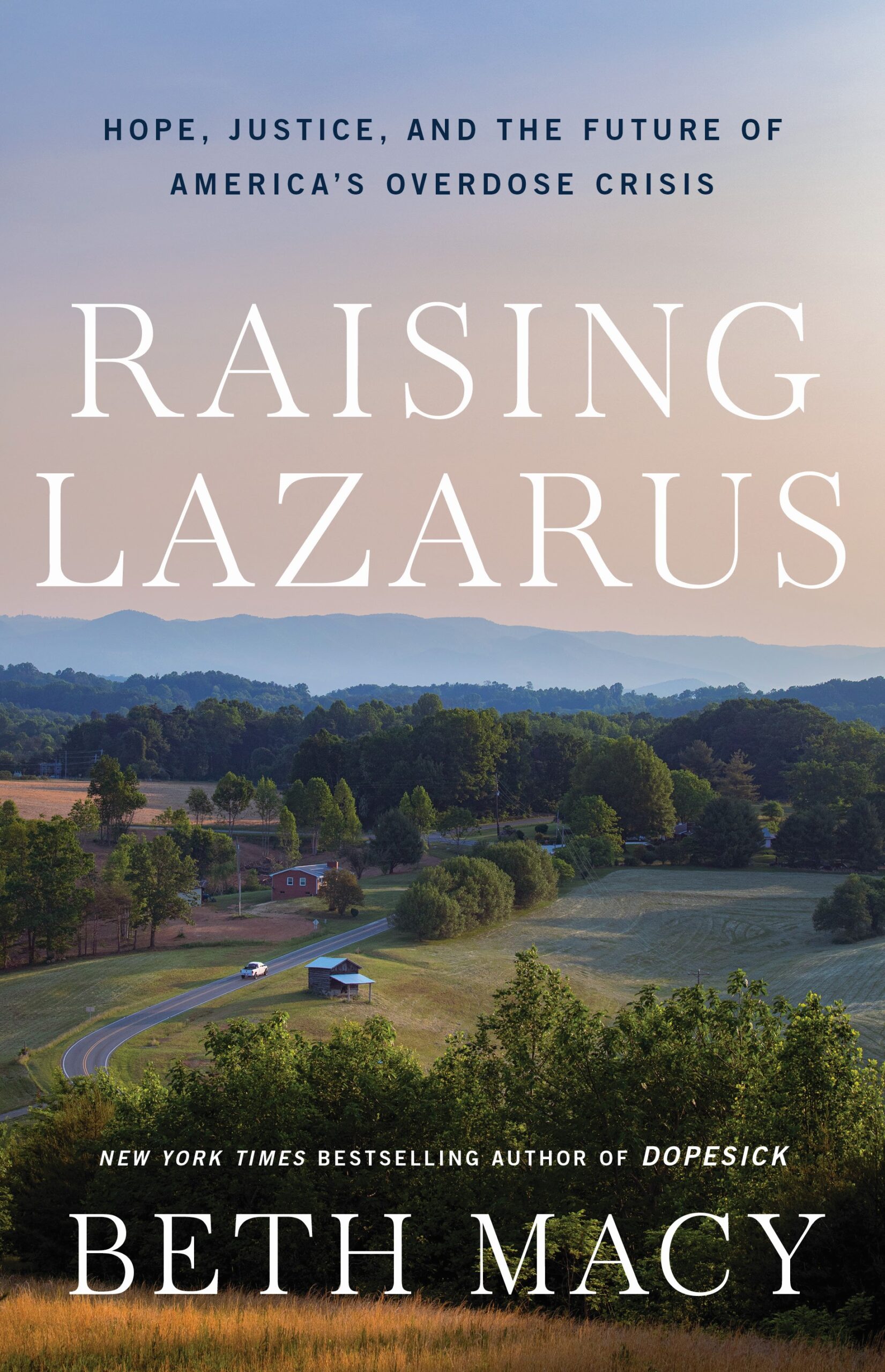

It shows how aggressively Ox圜ontin was marketed to doctors who were prescribing it for legitimate pain. It connected the dots for people who aren't aware of the story. MARTIN: And that's what your book did it. And still, I think a lot of folks don't really understand how it is we got here. The problem only got worse during the pandemic. And what it mainly just makes me ache for is the fact that we have an 88% treatment gap in America, which means that people with opioid-use disorder, only 10 to 12% of them got treatment in the last year. MACY: So many families that I've gotten to know, so many people that I've met who are in jail because of crimes they committed because of their addictions that began, many of them, with Ox圜ontin.

And when you see a number like that, when you hear a number like that, what is it - what comes to mind? You have been reporting on this for years. And most of those deaths were from opioids. That's according to the National Institute on Drug Abuse. That's the highest number of overdose deaths ever recorded in a 12-month period. It shows that a record number of Americans died last year from drug overdoses, more than 93,000 people. MARTIN: You know, I was just looking at the preliminary data released by the Centers for Disease Control. Beth Macy is also one of the executive producers, and she's with us now to tell us more about it.īeth Macy, welcome. That book was part of the source material for an eight-episode series premiering on Hulu on October 13.

How do you get the country to pay attention to a public health crisis that's been killing people in record numbers - a crisis everybody knows about, but that seems almost impossible to stop? Could a TV series help? Journalist Beth Macy is the author of "Dopesick," the critically acclaimed 2018 bestseller that shed light on the origins and the course of this country's opioid epidemic, focusing on a small town in Virginia and moving through central Appalachia.


 0 kommentar(er)
0 kommentar(er)
